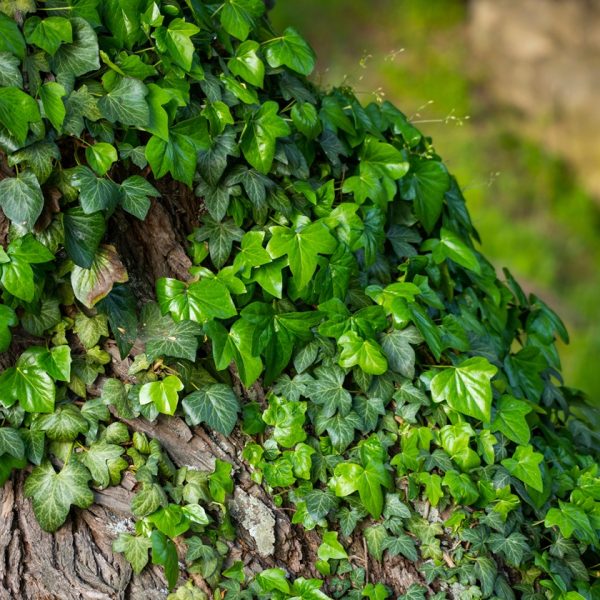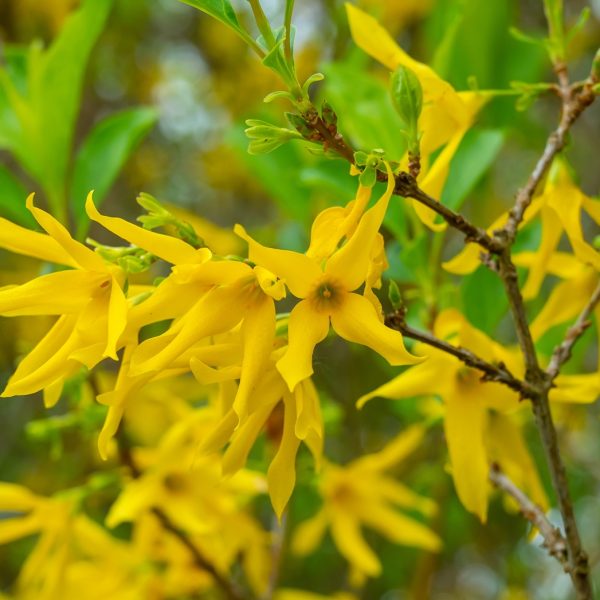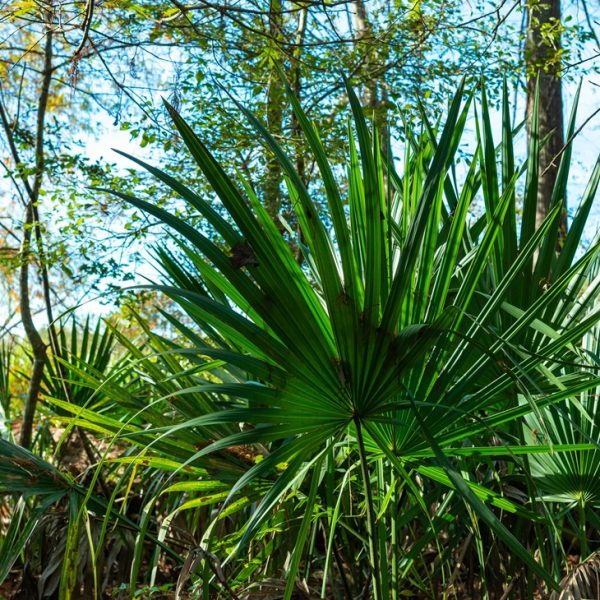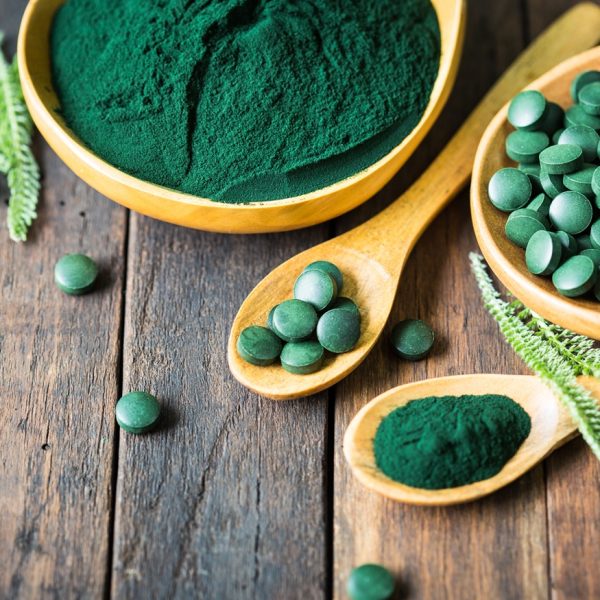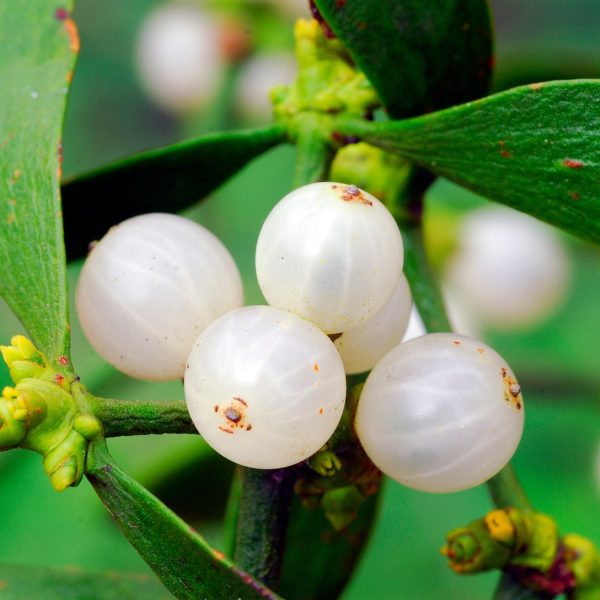Foraging is a fascinating skill that both deepens our relationship to nature and empowers our health. This article shares some interesting plants you can forage here in the UK in August.
Foraging is a wonderful way to connect both with nature, and nourish our health. We also want to spread the word about safe and ethical foraging, so please also read our article “A guide to safe and sustainable foraging” to learn how to practise foraging sustainably.
A useful link with images that can help with identification as well as botanical information is Wild Flower Finder.
In this article, Robin Harford shares some edible plants you can safely harvest from the wild in August.
Elder (Sambucus nigra)

Elderberries are a nutritional powerhouse, rich in vitamin C and contain essential minerals such as potassium and phosphorus (2). However, it is crucial to remember that elderberries should never be eaten raw; they must always be cooked before consumption to remove potential toxins.
One of elderberries’ most popular culinary applications is in making jams, jellies, and preserves. The cooked berries lend their distinctive dark purple hue and tangy flavour to these spreads, making them a delightful addition to breakfast or as an accompaniment to various dishes.
Moreover, elderberries play a crucial role in the world of baked goods. From mouthwatering pies to delectable pastries, elderberries enhance the taste and texture of various treats. They are known to pair exceptionally well with blackberries and apples in pies, creating a symphony of flavours.
Elderberries have also found their way into the world of beverages. The cooked berries are often juiced and used to create refreshing elderberry juice. Additionally, elderberries have a long history of being used in winemaking, adding their unique touch to wines many enjoy.
In Germany, the culinary application of elderberries takes on a different form. A sour preserve is made from the berries, introducing a tangy and vibrant twist to the palate (3). Scandinavia and Germany also boast a traditional elderberry soup, showcasing the versatility of these remarkable fruits (4).
Fat hen (Chenopodium album)
In Ireland, Fat Hen served as a leafy vegetable long before spinach was introduced. Historical records indicate it was a popular item sold in Dublin until the 18th century (5).

Similarly, in the Scottish Highlands, the boiled leaves of Fat Hen were mixed with butter to create a delicious ‘wild pottage’ (6). Even during the Roman era, this versatile plant became a cultivated vegetable in their gardens (7).
During challenging times like World War II, Fat Hen came to the rescue, becoming a reliable food source due to its abundance (8). The government recognised its nutritional value in the United States and recommended it as a nutritious garden weed (9).
In more recent times, as late as the early 20th century, Fat Hen remained a cherished ingredient in certain regions. For example, in Ayrshire, southwest Scotland, people added Fat Hen to their soups (10). Even in the latter half of the 20th century, its use persisted, as reported by Roy Vickery, who recalled its role as a vegetable in days when greens were scarce (11).
The tender leaves of Fat Hen offer a range of culinary possibilities. They can be used to create fresh and vibrant salads, flavourful sauces, or even pesto. Sautéing the leaves with butter and combining them with bolder ingredients like bacon, onion, or garlic adds depth and character to various dishes (12).
Furthermore, the water used to cook the tender greens can be retained and consumed as a nutritious broth or utilised as stock, enhancing the nutritional value of meals (13).
Himalayan balsam (Impatiens glandulifera)

Himalayan Balsam is more than just a beautiful flowering plant; it also has a history of culinary uses, both past and present. One of the notable features of this plant is its edible seeds, which yield a fatty oil known for its unique property of thickening faster under heat than linseed oil (14).
The seeds of Himalayan Balsam have been enjoyed as a raw delicacy, boasting a taste reminiscent of nuts (15). In the Bandipora District of Kashmir Himalaya, children have been known to munch on these seeds at playtime (16), highlighting their appeal as a snack.
Beyond the local name of Teoore and recognition as a wild edible plant among tribal communities in India’s cold and dry regions, little else has been documented about the specific culinary applications of Himalayan Balsam (17).
However, a survey conducted in the Kinnaur District of Himachal Pradesh, India, revealed that the plant is significant among wild edible plants used by local inhabitants (18).
The oil-rich seeds, with their nutty flavour and the plant’s adaptability to different regions, make it a fascinating subject of interest for those exploring unique and sustainable food sources.
Hogweed (Heracleum sphondylium)
Hogweed, a member of the Celery family, has a fascinating history of culinary uses, both past and present. However, it is essential to approach this plant with caution.

While Hogweed seeds offer delightful possibilities in the kitchen, handling all other parts of the plant with gloves is crucial. The sap contains furanocoumarin, which can cause phytophotodermatitis, a skin reaction upon exposure to sunlight (19). Additionally, individuals with a celery allergy should avoid consuming this plant to prevent adverse reactions (19).
The seeds, possessing an orangey, cardamom-like flavour, have garnered attention in culinary circles. When dry and brown, they serve as an excellent spice for enhancing puddings or syrups. Conversely, when green, they lend a unique taste to bean dishes (19). Moreover, the anise-like aroma of the seeds presents an opportunity to create an aromatic liqueur by combining them with vodka and honey (20).
In Siberia and Russia, Hogweed reveals another culinary treasure. A sweet substance forms on the dried leafstalks consumed as ‘sugar’ and is considered a delicacy (20).
The stalks are also utilised to produce a spirit through a process of fermentation and distillation, with the addition of bilberries adding to its allure (21).
Furthermore, Native American Indians ingeniously utilised the ashes from burnt, dried Hogweed leaves as a salt substitute (7).
In Nepalese cooking, another species of Hogweed, known as H. nepalense, takes centre stage. As powdered fruit, this species adds a unique spice to lentil dishes, vegetables, and roasts (22).
Mugwort (Artemisia vulgaris)

Mugwort, a plant steeped in mystery and folklore, has a rich culinary history that continues to charm modern taste buds.
Known as a favourite herb among witches, Mugwort possesses dream-inducing properties and enhances dream recall.
In the culinary world, Mugwort’s potential shines with the creation of delectable Mugwort jelly, rivalling the finest delicacies found in gourmet shops (23).
In England, Mugwort was once paired with Ground Ivy to flavour beer, while also believed to prevent beer from souring (24).
Beyond its mystical reputation, Mugwort was also valued for its digestive benefits, making it a sought-after addition to soups, stews, and meat stuffing. It was particularly prized when combined with fatty meats such as pork, goose, and duck (25).
In China, the leaves were used to wrap glutinous rice dumplings known as Mugwort perfumed dumplings, a delicacy for the Dragon Boat Festival (26).
Likewise, in Japan, Mugwort leaves lend their flavour and colour to rice cakes called mochi and dango, often enjoyed during festivals. Additionally, they are cherished as a potherb in various culinary dishes (27).
References
- Wildlife and Countryside Act 1981. Accessed September 14, 2022. https://www.legislation.gov.uk/ukpga/1981/69/section/13
- Thayer S. Nature’s Garden: A Guide to Identifying, Harvesting, and Preparing Edible Wild Plants. Forager’s Harvest. 2010.
- Folkard R. Plant Lore, Legends, and Lyrics. Sampson Low, Marston, Searle, and Rivington; 1884.
- Lim TK. Edible Medicinal and Non-Medicinal Plants: Volume 1: Fruits. Springer; 2012.
- Wyse Jackson P. _Ireland’s Generous Nature: The Past and Present Uses of Wild Plants in Ireland_. Missouri Botanical Garden Press; 2013.
- Grigson G. The Englishman’s Flora. Helicon; 1996.
- Couplan F. The Encyclopedia of Edible Plants of North America. Keats Pub; 1998.
- Schofield JJ. Discovering Wild Plants: Alaska, Western Canada, the Northwest. Alaska Northwest Books; 1989.
- Runyon L. The Essential Wild Food Survival Guide. Wild Food Company; 2007.
- Allen DE, Hatfield G. Medicinal Plants in Folk Tradition: An Ethnobotany of Britain & Ireland. Timber Press; 2004.
- Vickery R. A Dictionary of Plant-Lore. Oxford University Press; 1997.
- Elias TS, Dykeman PA. Edible Wild Plants: A North American Field Guide to Over 200 Natural Foods. Sterling; 2009.
- Nyerges C, Begley E. Guide to Wild Foods and Useful Plants. Chicago Review Press; 2014.
- Ambasta S. The Useful Plants of India. National Institute of Science Communication, Council of Scientific & Industrial Research; 2000.
- Bennet S. _Food from Forests_. Indian Council of Forestry Research and Education; 1991.
- Singh B, Sultan P, Hassan QP, Gairola S, Bedi YS. Ethnobotany, Traditional Knowledge, and Diversity of Wild Edible Plants and Fungi: A Case Study in the Bandipora District of Kashmir Himalaya, India. _Journal of Herbs, Spices & Medicinal Plants_. 2016;22(3):247-278. doi:[10.1080/10496475.2016.1193833](https://doi.org/10.1080/10496475.2016.1193833)
- Rana J, Pradheep K, Chaurasia O, et al. Genetic Resources of Wild Edible Plants and Their Uses Among Tribal Communities of Cold Arid Region of India. _Genetic Resources and Crop Evolution_. 2011;59. doi:[10.1007/s10722-011-9765-7](https://doi.org/10.1007/s10722-011-9765-7)
- Negi PS, Subramani SP. Wild Edible Plant Genetic Resources for Sustainable Food Security and Livelihood of Kinnaur District, Himachal Pradesh, India.
- Irving M. The Forager Handbook: A Guide to the Edible Plants of Britain. Ebury; 2009.
- Luczaj L, Szymanski WM. Wild Vascular Plants Gathered for Consumption in the Polish Countryside: A Review. Journal of Ethnobiology and Ethnomedicine. 2007;3(1):17. doi:10.1186/1746-4269-3-17
- Fernald ML, Kinsey AC, Rollins RC. Edible Wild Plants of Eastern North America. Dover Publications; 1996.
- Duke JA. CRC Handbook of Medicinal Herbs. CRC Press; 1985.
- Harford R. Mugwort Jelly Recipe. Eatweeds. Published July 28, 2014. Accessed July 20, 2023. https://www.eatweeds.co.uk/mugwort-jelly-recipe
- Cleene M de, Lejeune MC. Compendium of Symbolic and Ritual Plants in Europe. Man & Culture; 2002.
- Hatfield G. Hatfield’s Herbal: The Secret History of British Plants. Penguin; 2008.
- Facciola S. Cornucopia II: A Source Book of Edible Plants. Kampong Publications; 1998.
- Small E. Culinary Herbs. 2nd ed. NRC Research Press; 2006.

